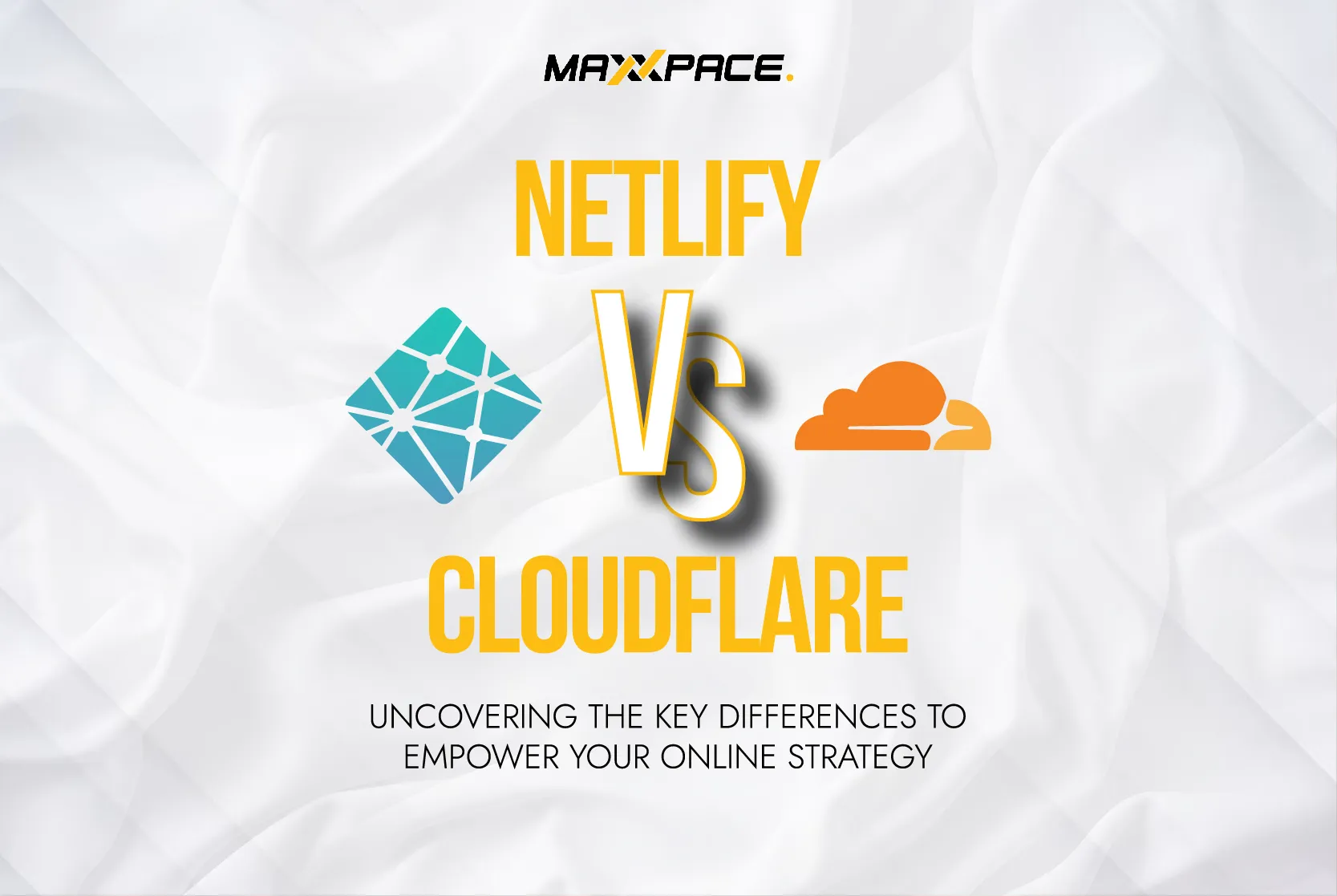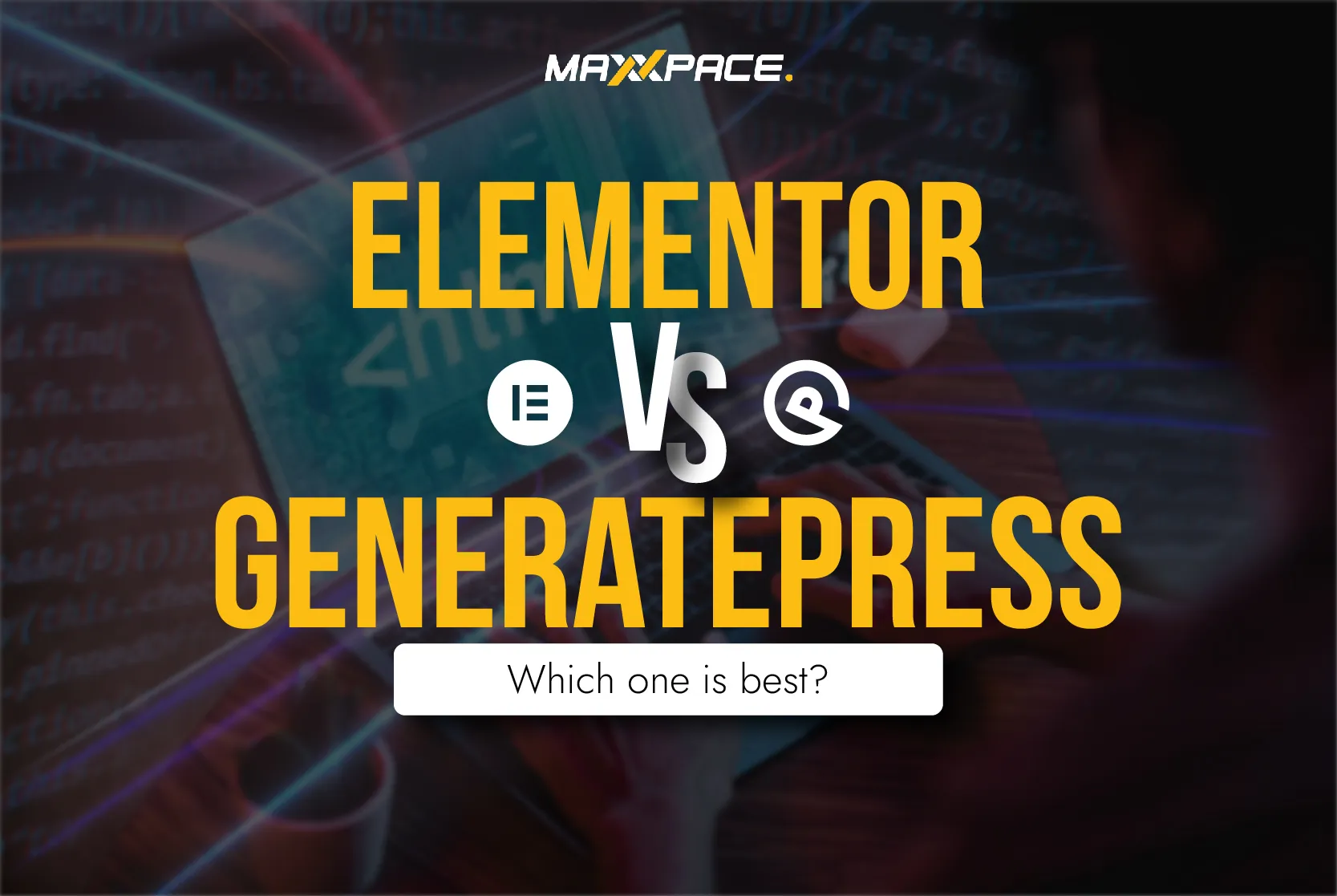
- Posted January 27, 2023
- By Abdullah Qureshi
- 0 Comments
Cost-per-click Vs. Pay-Per-Click – Which One Should You Choose?
With digital marketing becoming increasingly popular, businesses are looking for ways to make the most of their online presence. Digital marketing is an ever-evolving industry that offers businesses multiple options for reaching their target audience. Cost-Per-Click (CPC) and Pay-Per-Click (PPC) are two of the most popular strategies. In this article, we’ll compare these two methods to help you decide which one best suits your marketing needs. We’ll cover the differences between CPC and PPC in terms of cost, time investment, and potential ROI.
What is CPC?
CPC, or Cost-Per-Click, is a fundamental metric in online advertising. It refers to the amount of money an advertiser pays for each click on their ad. This advertising model has become increasingly popular in recent years due to its ability to generate targeted leads while managing a budget efficiently.
The cost per click can vary depending on the type of industry, product, and location. For example, competitive industries such as insurance or finance may have higher CPC than less competitive ones such as health supplements. Additionally, products with higher costs will tend to have higher CPCs than products with lower costs due to the difference in perceived value. The location also plays an important role in determining CPCs; ads targeting certain countries may be more expensive than others due to market demand or competition level within that country.
What is PPC?
Pay-Per-Click (PPC) is a marketing strategy businesses use to drive traffic to their website. In the PPC model, companies bid on specific keywords relevant to their services or products. When someone searches for one of those keywords, an advertisement from the company will appear in the search results.
PPC has become increasingly popular thanks to its ability to be both cost-effective and highly targeted. One of its main benefits is that it allows businesses to set a budget for each campaign and track results more accurately than traditional advertising methods. This means that PPC campaigns can be tailored and optimized based on performance metrics such as cost per click and conversion rate. Additionally, PPC campaigns are highly measurable, making them extremely attractive for small businesses looking for a cost-effective way to reach new customers.
Comparison between CPC and PPC:
Cost-per-click (CPC) and pay-per-click (PPC) are two common terms in digital marketing and advertising. CPC and PPC refer to online advertising models in which an advertiser pays a fee each time their ad is clicked. However, there are some key differences between the two.
CPC is a pricing model used in online advertising in which an advertiser pays a fee each time their ad is clicked. The advertiser determines the cost, which can vary depending on the ad campaign or platform. CPC is commonly used in search engine advertising, where advertisers bid on keywords and pay for each click their ad receives.
On the other hand, PPC is a broader term that can refer to any online advertising model in which an advertiser pays for each click their ad receives. This can include CPC and other cost-per-impression (CPM) models and cost-per-action (CPA). PPC advertising includes display ads, social media advertising, and more.
One key difference between Cost-per-click and Pay-per-click is the level of control an advertiser has over advertising costs. With CPC, the advertiser sets a specific cost-per-click and only pays that amount when their ad is clicked. With PPC, the advertiser may not have as much control over the cost-per-click and may pay more or less depending on the specific platform or campaign.
Another difference is that Cost-per-click is often used in search engine advertising, while Pay-per-click can encompass a wider range of advertising channels. CPC is generally considered more targeted and effective for driving conversions, allowing advertisers to reach users actively searching for products or services like theirs. On the other hand, PPC can be used for branding and awareness campaigns and more targeted campaigns.
Conversion rate is another important aspect. CPC campaigns tend to have higher conversion rates than PPC campaigns because the traffic generated is more targeted and qualified. This is because people who click on CPC ads are actively looking for something, whereas PPC ads are displayed to people who may or may not be interested in the advertised product or service.
Additionally, CPC campaigns are often used to drive sales or leads, while PPC campaigns focus on building brand awareness and driving website traffic. This means that the campaign’s goals will influence the choice of CPC or PPC.
In summary, Cost-per-click and Pay-per-click are online advertising models in which an advertiser pays a fee each time their ad is clicked. However, CPC is a specific pricing model used in search engine advertising. At the same time, PPC is a broader term that can refer to any online advertising model in which an advertiser pays for each click. CPC campaigns tend to have higher conversion rates and are more targeted and effective for driving conversions and sales. In contrast, PPC campaigns focus on building brand awareness and driving website traffic. The choice between CPC or PPC will depend on the campaign’s specific goals.
Find out more by exploring our blog posts!
Share this Post:
Search
Recent Posts

- Posted May 13, 2024

- Posted April 26, 2024

- Posted April 19, 2024

